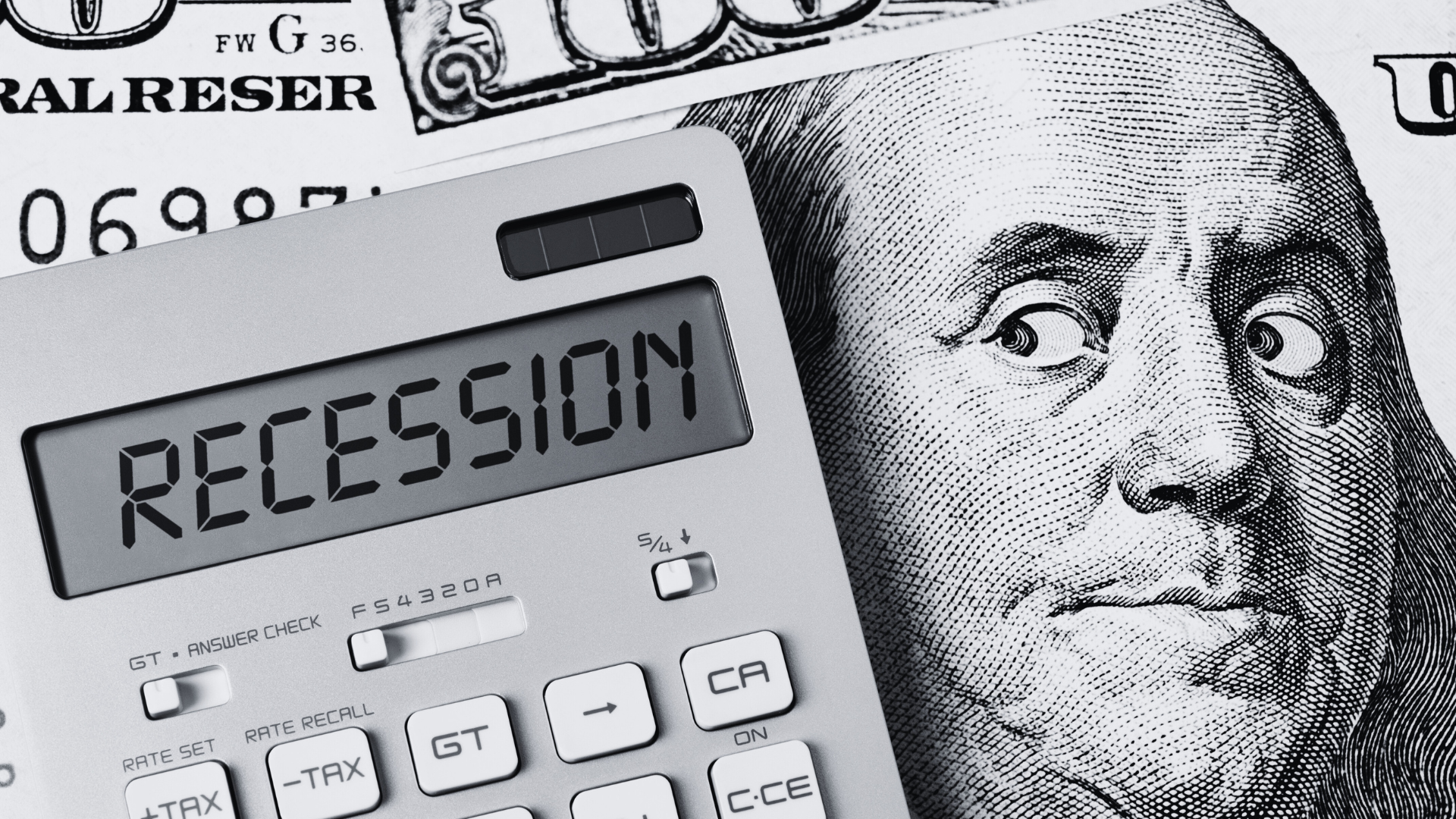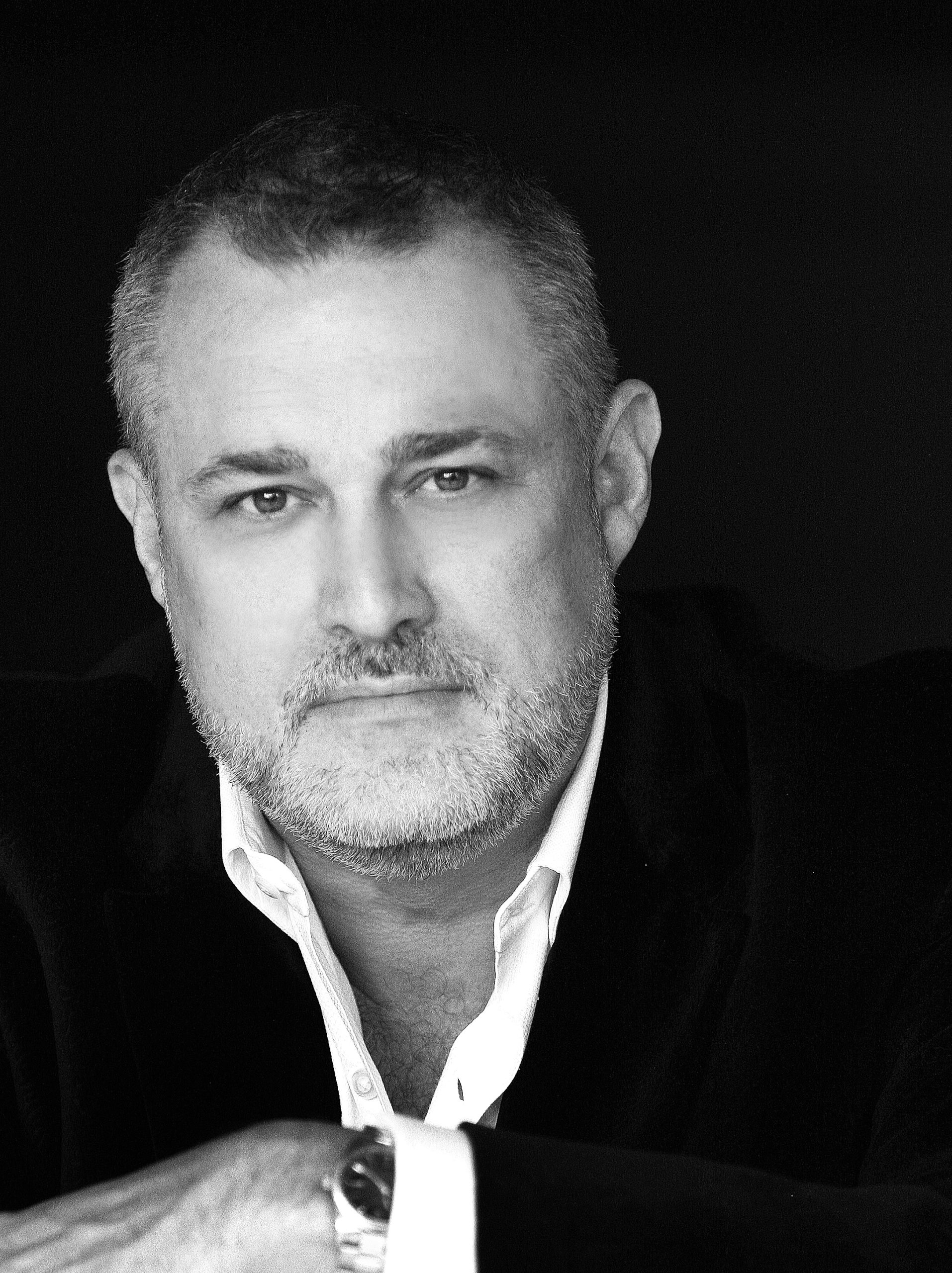
Scooping Up Authentic Leadership Lessons with Ben & Jerry’s CEO, Matthew McCarthy
Everybody loves the ice cream man. And man, I may have interviewed one of the best men in the ice cream business – definitely one of the most authentic business leaders.
Matthew McCarthy is the CEO of Ben and Jerry’s, one of the world’s most recognizable ice cream brands. One of the main things they are known for are far-out flavors like Half-Baked, Chunky Monkey, Chubby Hubby, and Cherry Garcia (my favorite), just to name a few.
Ben and Jerry’s is also known for being a company that “picks a side” on hot button issues like racism, the environment and voting rights, even within the corporate confines of international conglomerate, Unilever. In fact, before taking the helm at Ben and Jerry’s, Matthew ran Axe, the male-centered body spray known in its early years for what some would call brash marketing.
Our interview took place during a recent C-Suite Network Digital Discussion where we talked about flavors of leadership, causes, and caring, or as Matthew called it, the “Chunks and Swirls” of business.
We started the conversation with me asking if they were afraid to ‘piss people off’ with the social causes they support. Just like the company itself, Matthew wasn’t shy with his answer.
“I get this question (a lot) ‘Aren’t you afraid of pissing people off? Aren’t you afraid of alienating half of your consumer base or half your potential customers?'” Matthew replied. He added, “In fact, what I’ve come to find is that narrative is not only less and less appropriate every day. I think it’s dangerous.”
“Listen, all humans have values. All teams and companies are in the business of serving other people,” Matthew continued. “The idea that you should not allow your employees, your partners to bring their values to work just doesn’t make any sense. I think in today’s hyper transparent world; our fans demand that we let them know where we stand all the time.”
While Ben and Jerry’s is transparent about the causes it cares about, others in corporate America seem to run away from taking a stand. Matthew thinks human behavior has something to do with it.
“A lot of it just comes down to us as people,” Matthew said. “People don’t like being criticized, right? You don’t want someone tweeting, or you want to see a headline that says ‘You Suck’ or “We Hate You.’ It’s controversy and controversy is considered bad for business. People generally steer away from it.”
“The interesting thing is, controversy’s coming your way. Whether you plan it or not. You know that (as) businesspeople. It’s coming your way. That’s coming faster than anybody has ever seen. We don’t go seeking controversy.”
While they’re not in the business of picking fights, if they find themselves in a fight, they’ll stand up for what they believe in.
“Our consumers are there really watching very closely — our partners. We’re very close to our NGO partners. They want to know where the hell we stand on different issues,” Matthew said. “So, I listen. I don’t think it’s helpful to go picking a fight or seeking to create controversy for controversy’s sake, but I don’t think that people in the business world can be a bit too thin-skinned.”
Matthew is very clear – it’s not about everyone agreeing on everything. He’s quick to point that employees at Ben and Jerry’s don’t always agree with the company’s stances. Matthew says that’s OK as long as everyone is being heard.
“I’m not aligned with my family sitting around the dinner table, so it’s a crazy idea to assume that any group of people that come together, like Ben and Jerry’s, everybody’s of the same mind,” Matthew said. “People know what we stand for. It’s not a secret. We’ve been super public about these are our stances on any number of issues. People that choose to be a part of the Ben and Jerry’s family do so knowing those things. Period.”
“The second thing I would say is it nothing destroys trust faster in your organization than people not feeling heard,” Matthew continued. “Disagreement, I welcome it. I encourage it. We’re not going to agree on everything. And anybody who has that idea that somehow, we’re all going to just be Kumbaya all the time, that’s a complete mirage. That can be damaging to itself. At the same time, which you can’t do is just shut people down people disagree with.”
Anyone who has read my books or has followed me a while knows I’m a fan of healthy tension and healthy debate within my teams. Matthew said even if there is tension, being able to express your views is essential for everyone to feel validated, even if you disagree.
“Tension is a superpower if managed well within a business,” Matthew said.
His over two decades at Unilever taught Matthew something about “brands with purpose.” He says among all the brands that now make up Unilever there are plenty of stories of founders who wanted to do things differently, like Ben Cohen and Jerry Greenfield.
“So many of our (Unilever’s) legacy businesses were created by founders who wanted to something in addition to making soap,” Matthew said. “Interestingly, Unilever has progressed on this mission to be a company that is anchored in sustainability and making sustainability commonplace.”
“Ben and Jerry’s just happens to be maybe a little bit more further out on some of those topics, but we’re not as far apart from some of the other businesses and brands as you might think.”
Since its founding 43 years ago, Matthew says Ben and Jerry’s works on a principle called “linked prosperity.” Simply put, it’s tying the company’s success to all the communities and industries they touch.
“That vision and link prosperity is supported by our three-part mission: to make the best products in the best way possible — an economic mission to grow profitably and make sure that we have a thriving business. Then also a social mission. How do we bring our values and do business differently and make business part of the solution? Not just doing less bad in the world,” Matthew said.
While a product like ice cream is fun, managing the brand — from manufacturing to marketing, has its challenges. Matthew said it’s his job to provide clarity and take barriers out of his team’s way when it comes to leadership.
“I grew up in a world where people were telling me what to do. I was there for learning. That’s what leadership is about,” Matthew said. “I’ve had to shed a lot of that stuff. There are times that are super clear, and there are decisions that I, as CEO, that only I can take. But there’s a lot of things I don’t need to be doing.”
“The reality is, the higher you go, the less you know. I find that’s very much true, particularly the speed of business. So, I’ve had to recalibrate.”
Recalibrating is that many businesses, including Ben and Jerry’s, had to do during the pandemic. They never shut down and their factories stayed open implementing new hygiene practices, brand assets had to be evaluated, and the company shifted priorities.
“The first order of business (during the pandemic) was giving people a sense of security, immediately coming out and telling people, ‘You’re not going to lose your job. We’re going to keep paying you.’ Just take that right off of people’s plates because everybody was completely freaking out,” Matthew recalled.
It wasn’t just at the corporate level. Ben and Jerry’s also made sure their scoop network of franchisees were taken care of as well. Keeping up with demand was another hurdle they had to overcome. Matthew added, “Manufacturing folks are the heroes in many ways.”
I could have talked to Matthew for a lot longer. He is a true, authentic leader. If you’d like to hear what else he had to say, including an insightful Q & A with our C-Suite Network leaders, listen to this episode of All Business with Jeffrey Hayzlett.
- Break Free From Founder Dependence: Strategies for Business Success? - June 14, 2023
- The Gentle Leader’s Playbook: Mastering Employee Performance Without Being a Jerk - June 14, 2023
- Leading Through Future Uncertainty - June 7, 2023






